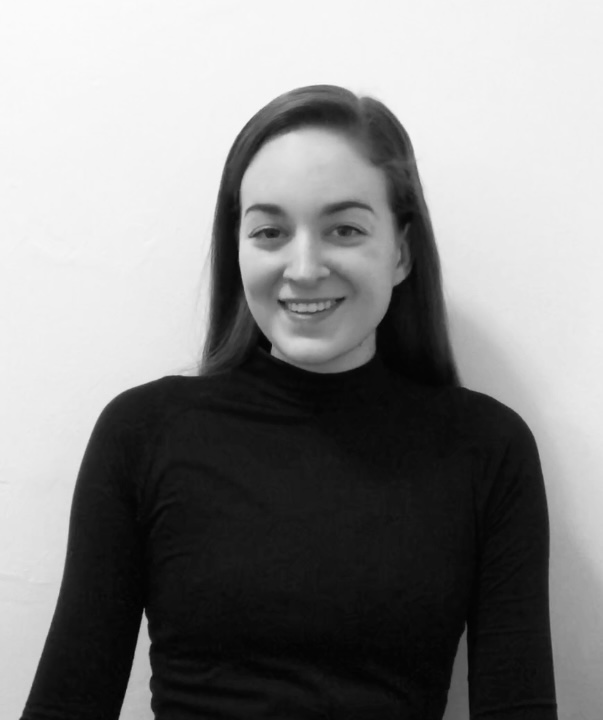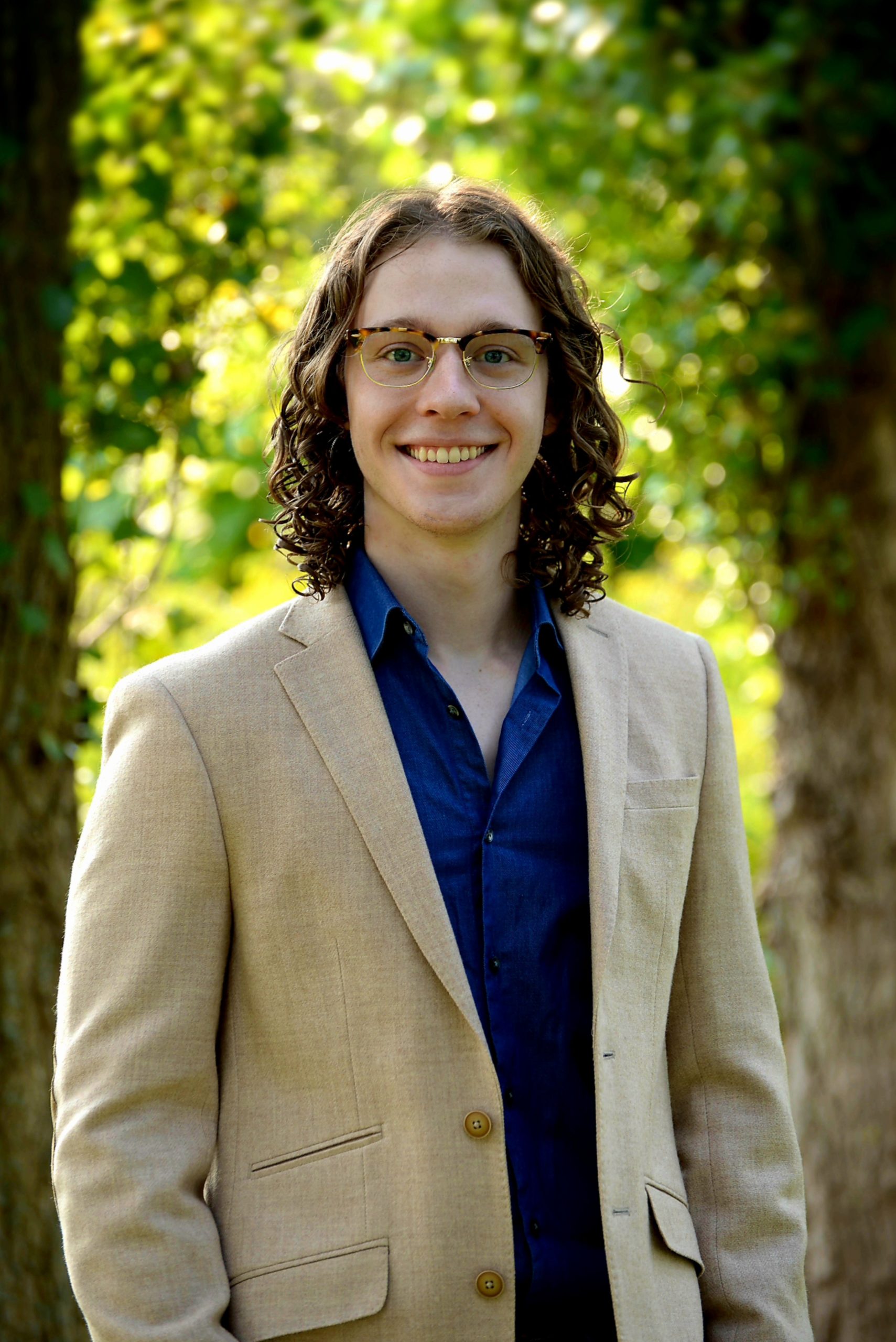The Consortium for Monitoring, Technology, and Verification (MTV) is pleased to announce the 2021 Doctoral Fellows in Applied Antineutrino Physics. This competitive fellowship drew interest from many quality applicants who underwent a rigorous review process. Their research will support the NNSA mission in furthering nuclear nonproliferation through antineutrino physics research. A brief description of the three fellows’ research is outlined below.

Paige Kunkle
Boston University, PhD Physics Graduate Student
Advisor: Prof. Chris Grant
Research Statement: I will continue my research on two fundamental neutrino physics projects, near-field detector PROSPECT and far-field detector WATCHMAN, which target nonproliferation. On PROSPECT I will perform an absolute reactor neutrino flux analysis using PROSPECT-I data to demonstrate how well an above-ground detector can monitor the power of a research reactor, for which there is no other comparable data set. I am also pursuing a major hardware upgrade to the PROSPECT detector for the second phase of data-taking. My work on WATCHMAN focuses on developing light concentrators to improve the light collection and ensure sufficient reconstruction of reactor antineutrino events while using fewer PMTs; WATCHMAN aims to use this neutrino rate to verify reactor operations from large standoff distances.

Matthew Lee
Texas A&M University, PhD Physics Graduate Student
Advisor: Prof. Nader Mirabolfathi
Research Statement: My research is in the development of very low-threshold, solid-state, phonon-mediated detectors for applications in coherent elastic neutrino nucleus scattering (CEvNS). Similar technology can be used to search for dark matter and other rare interactions with baryonic matter nuclei. The Mitchell Institute Neutrino Experiment at Reactor (MINER), is particularly well designed to deploy this detector technology in order to detect CEvNS from a MW TRIGA reactor for the first time. With close proximity (about 2 meters) to the reactor core we are searching for CEvNS to further understand neutrino properties and discover the nature of the particles that make up dark matter and to look for physics beyond the standard model. Due to larger cross sections expected for CEvNS, the success of the MINER experiment will pave the way for future small size neutrino detectors for reactor remote monitoring.

Garrett Wendel
Pennsylvania State University, PhD Physics Graduate Student
Advisor: Prof. Douglas Cowen
Research Statement: My research focuses on using deep-learning, likelihood-free inference techniques to reconstruct low energy anti-neutrino inverse beta decay events in the AIT-WATCHMAN water-Cherenkov detector. With this approach I aim to improve the resolution of neutrino reconstruction through inclusion of all available event parameters, dramatically simplify the reconstruction tuning process for the AIT-WATCHMAN detector, and generalize the resulting techniques for use in other neutrino detectors.

